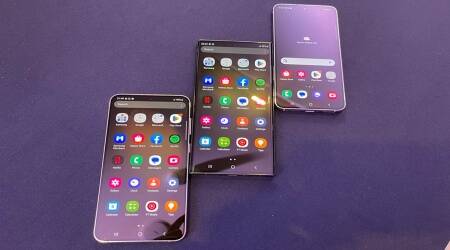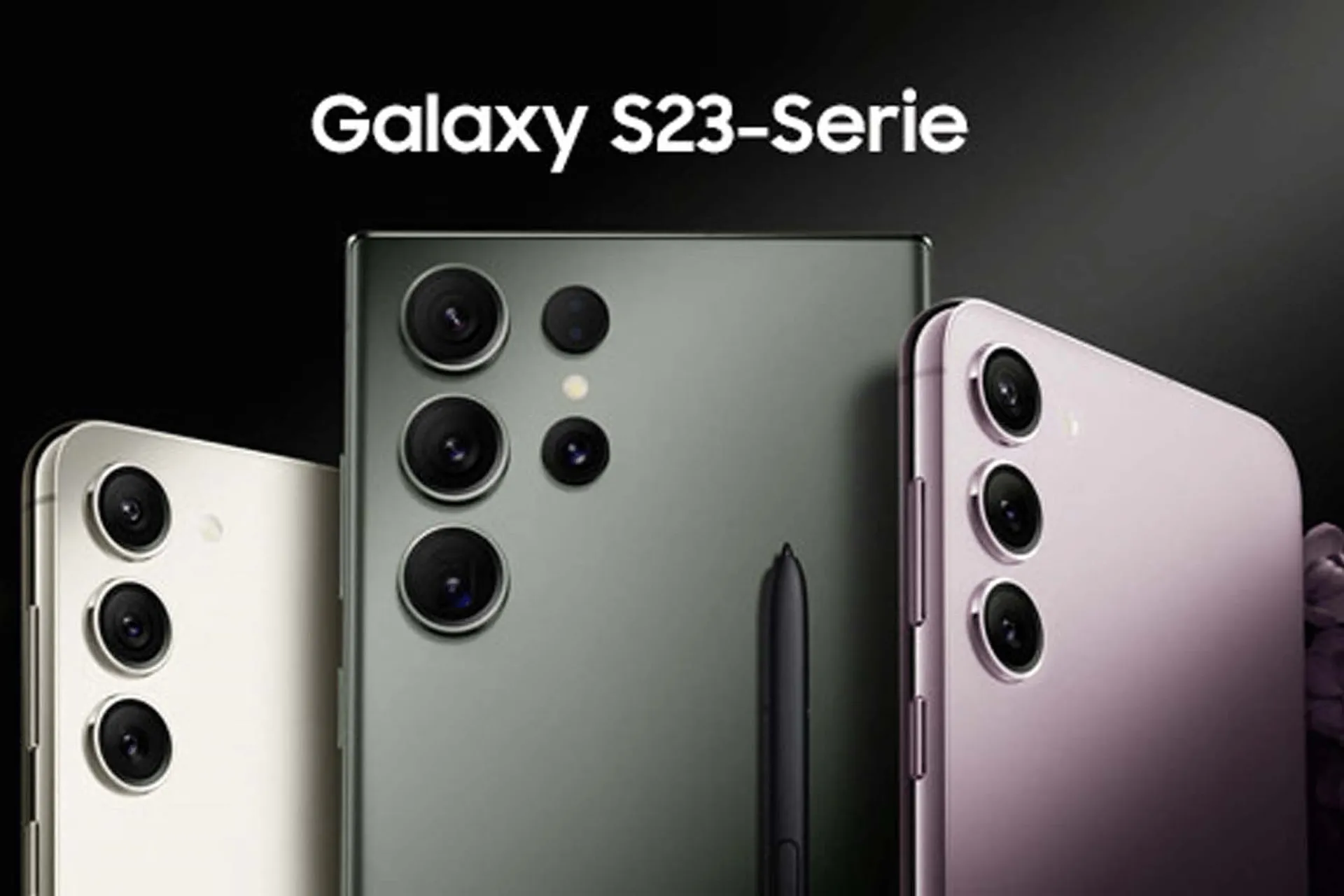The Galaxy S23, S23+, and S23 Ultra are a few future smartphones with the latest Snapdragon 8 Gen 2 that have already run through Geekbench. The benchmark reported the following frequencies for the three clusters when they completed it: 3.36GHz cores in the prime, 2.80GHz cores in performance, and 2.02GHz cores in efficiency.
But there are many other future phones that will use the 8 Gen 2 CPU, not only the Samsung flagships. Additionally, some of them have provided benchmarks, such as the vivo X90 Pro and iQOO 11. But pay great attention; the Prime core’s advertised frequency on those is 3.19GHz. 3.1872GHz was the precise value stated by Qualcomm, and it was also the value. Why then do the Samsung devices have faster clock speeds?
Ice Universe previously stated that the Snapdragon 8 Gen 2 will be a “exclusive high-frequency version” for the European market. Although the benchmarks we’ve seen thus far are from US models, this is likely a global issue rather than one that only affects Europe.
Now the leaker provides more information, confirming that the Prime CPU core will in fact run at 3.36GHz rather than 3.2GHz. But the GPU will also operate at a greater speed, 719MHz as opposed to 680MHz.
Periodically, Qualcomm has launched “AC” versions that have faster clock speeds than the base processor. For instance, the Snapdragon 855 has the model number SM8150, and the 855+, which increased the Prime core’s speed from 2.84GHz to 2.96GHz, has the model number SM8150-AC. The 8 Gen 2 that was announced this week is the SM8550-AB, so this should be the SM8550-AC.
It’s unclear if the Snapdragon 8+ Gen 2 moniker will apply to this processor, which is destined for the Galaxy S23 series. However, it appears that Qualcomm and TSMC were able to find sufficient space for a respectable overclock.
According to official statistics from Qualcomm, the GPU is 25% quicker and the 8 Gen 2 CPU is 35% faster than its 8 Gen 1 cousin. This new chip version ought to be significantly quicker given the overclock to both. However, it is difficult to determine how much faster because benchmark data should not be interpreted just yet.







